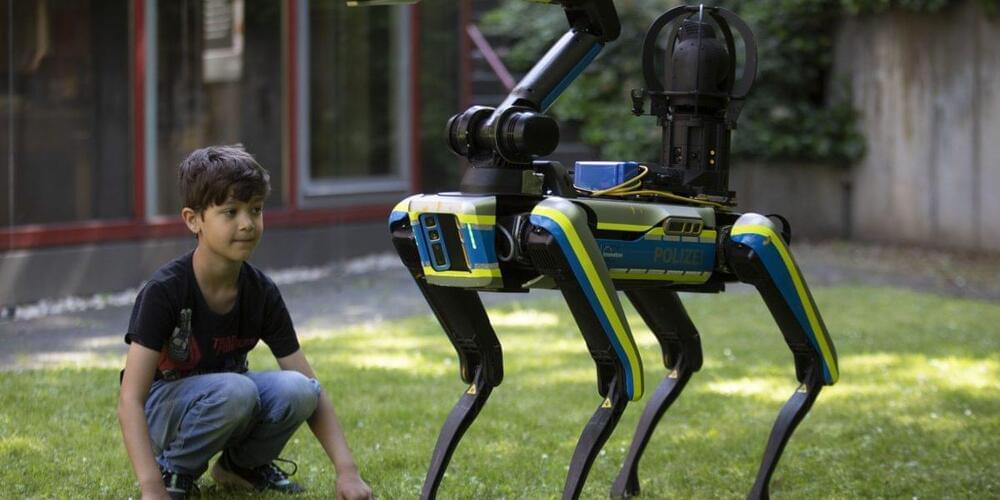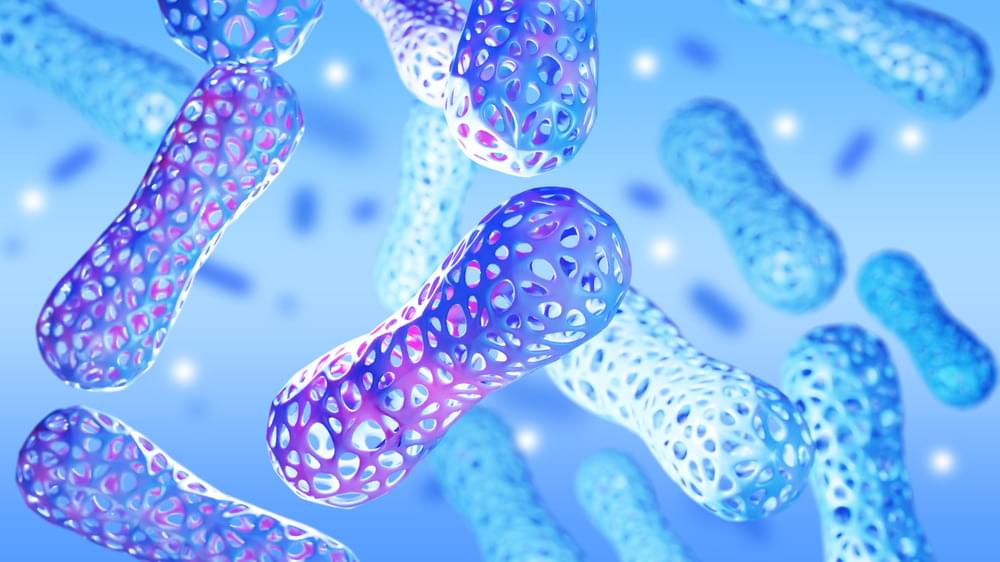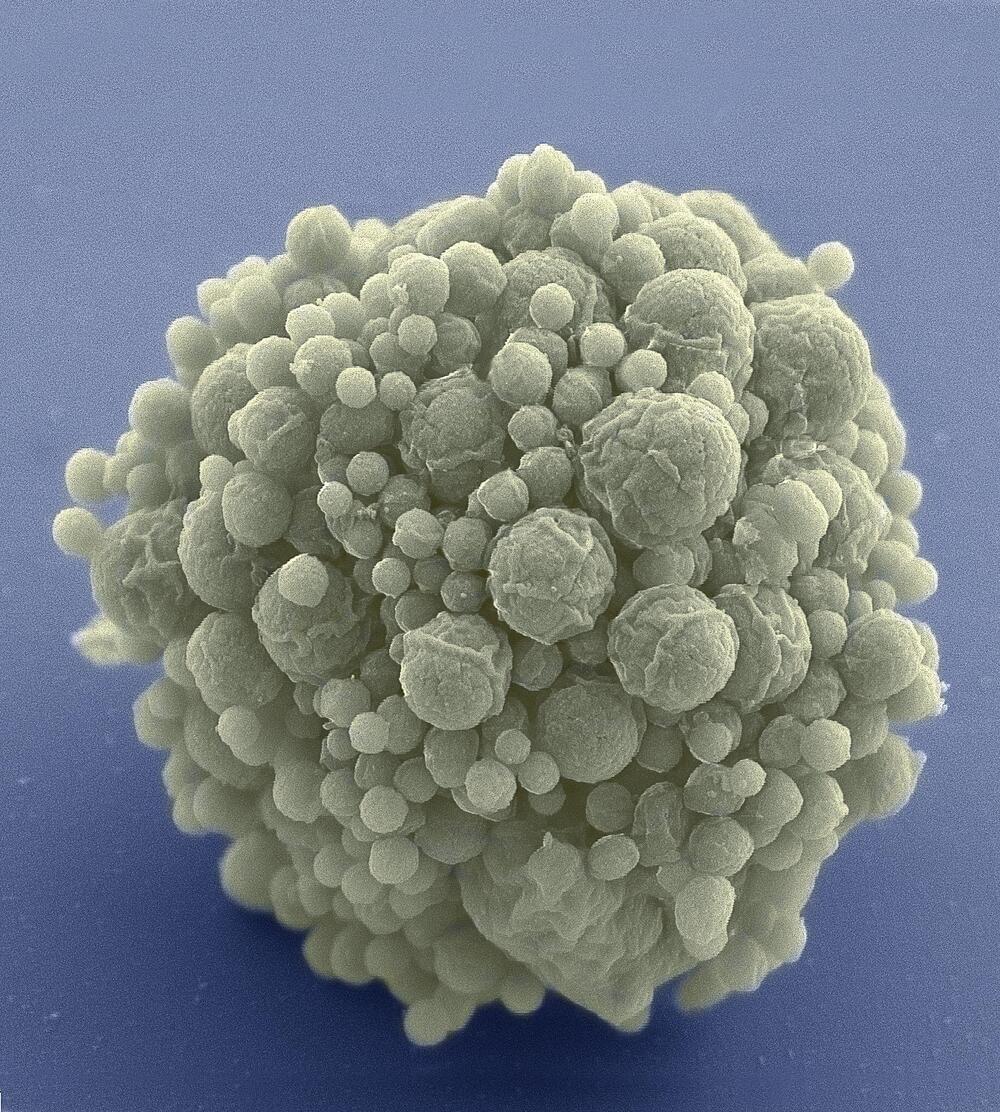Scientists at the National University of Singapore (NUS) have used bacteria for recording, storing, and retrieving images in DNA. This biological analog to a digital camera, which the authors have named “BacCam,” is a crucial step for DNA data storage techniques and the merging of biological and electronic systems.
The article, “A biological camera that captures and stores images directly into DNA,” was published in Nature Communications.
Prior to this publication, there were two landmark papers that addressed either the use of cells to capture light or the storage of images into DNA, but not the two together. In May 2017, researchers from the lab of Christopher Voigt, PhD, at the Massachusetts Institute of Technology (MIT) developed a system to produce ‘color photographs’ on bacterial culture plates by controlling pigment production and to redirect metabolic flux by expressing CRISPRi guide RNAs. Two months later, researchers in the lab of George Church, PhD, at Harvard Medical School demonstrated a method for encoding images via de novo DNA synthesis before insertion into the bacterial genome.








